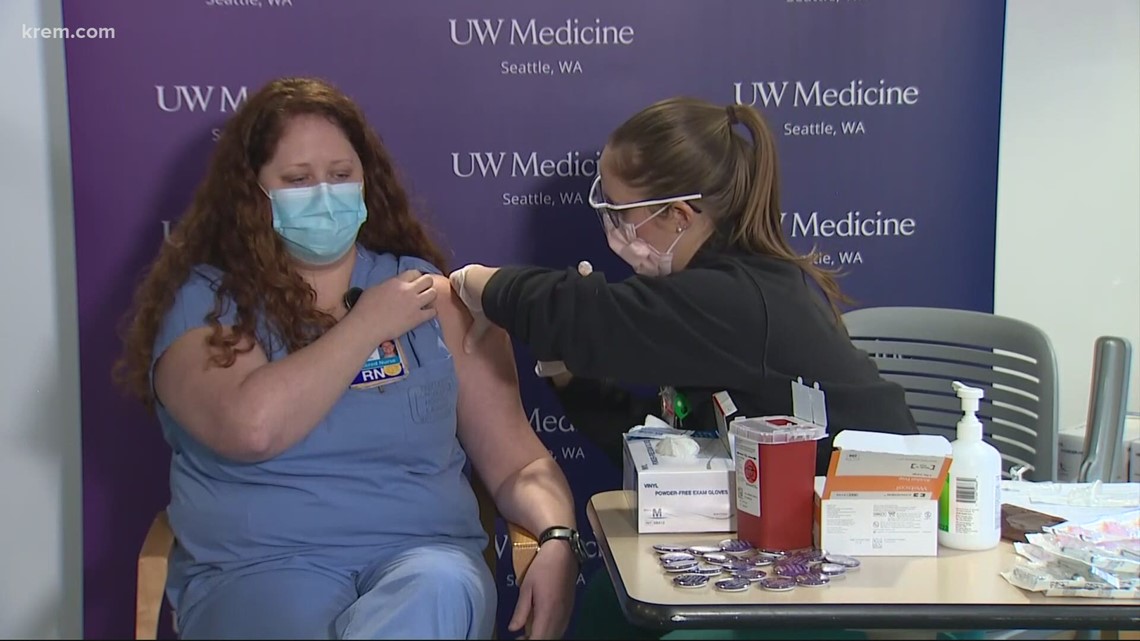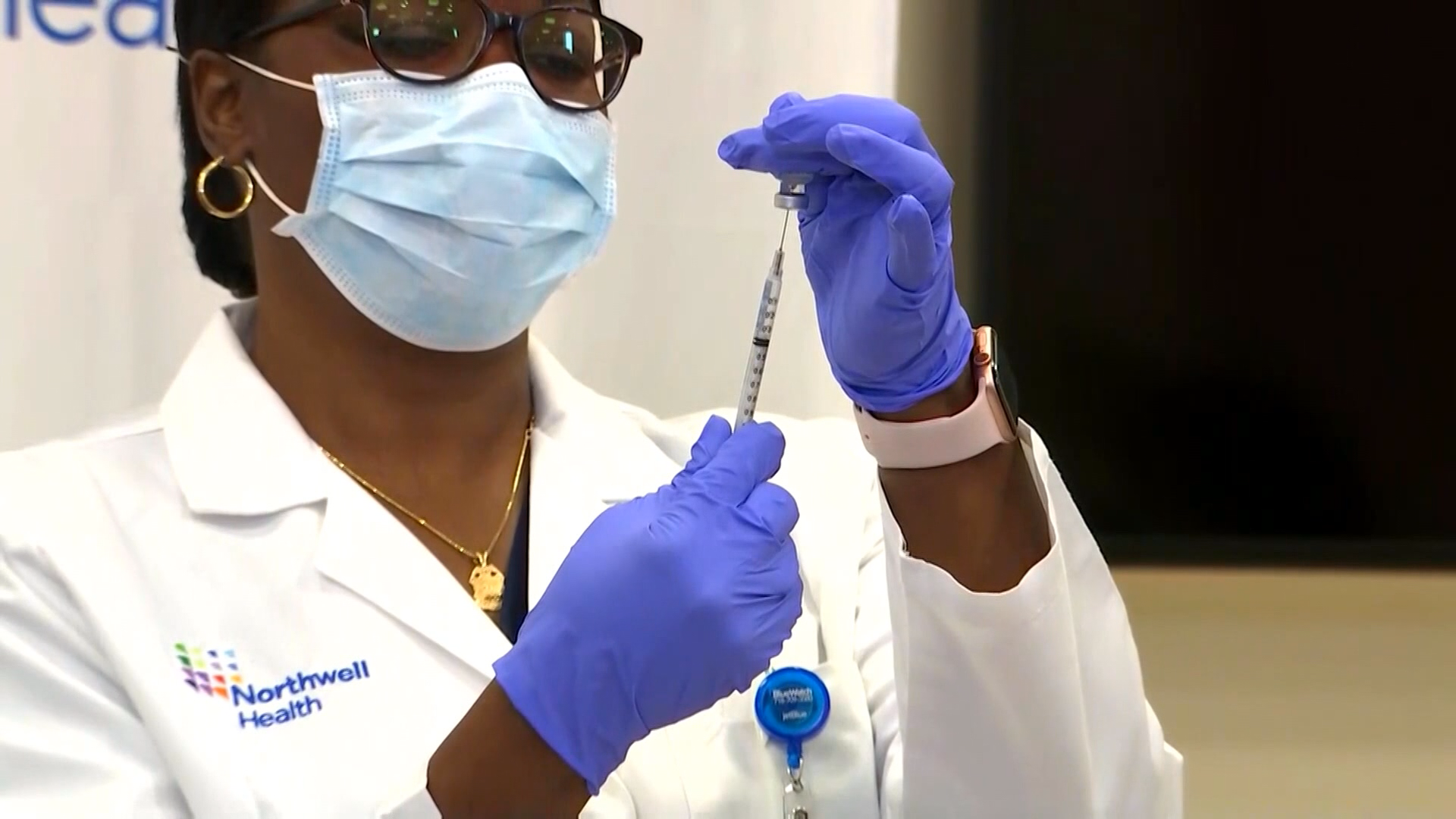SPOKANE COUNTY, Wash — Although the coronavirus vaccine produced by Pfizer is being distributed across the Inland Northwest, doctors are urging certain individuals to not get it.
Unfortunately, the people who are most at risk for contracting a severe case of COVID-19 are some of the same people that doctors say shouldn't get the vaccine.
Many people who are immunocompromised, pregnant or have severe allergies spent the past year worrying about their health. The coronavirus vaccine was supposed to relieve a source of stress for those individuals, but now they are being told the shot isn't for them.
"The risk of having anaphylaxis or anaphylactic reactions, it's not high, and they are rare, [are] obviously very life-threatening and impactful," said Dr. Payal Kohli a cardiologist and disease prevention expert who works with KREM's sister station KUSA in Denver.
After two healthcare workers in the United Kingdom had allergic reactions to the vaccine, Kohli, along with the Centers for Disease Control and Prevention and National Health Service, took a stand.
"Anyone who has had a life-threatening reaction to either food or medication is at high-risk for the Pfizer vaccine," she added.
Due to this, Kohli said some people shouldn't risk getting the shots.
"Some patients certainly shouldn't be getting it," she said. "But for the majority of patients, in the phase 1A, if you can - you really should go and get it."
The groups being told to wait can be broken down into four main categories: immunocompromised, severe allergies, children less than 12 years old, and those who are pregnant.
These groups have not been a part of vaccine clinical trials because different medications and autoimmune conditions can alter the body's response when receiving the vaccine.


"All of this needs further study and my best guess is once we really get that kind of first layer of vaccine out there, we [will] feel comfortable with the fact that we can distribute it and administer it in a safe fashion," Kohli added.
The vaccine is still brand new. There is only one distributor in the United States as of Tuesday. There are numerous other companies working on getting their vaccine out.
The vaccines are not the same. They can activate your immune system differently, so there may be more hope for these groups once Moderna or AstraZeneca get approved for emergency use by the FDA.
Moderna's Emergency Use application is set to be reviewed Thursday.
"You know the vaccine decision is, it's a tough one, but in some ways very compelling," she said.
There are two choices.
"On this side, you have the unknown issues of the vaccine, which there are some," she said. "But on this side, a much greater magnitude is the morbidity and mortality, the deaths that are occurring every single day from COVID-19."
That's why it's really important in this first round for anyone who can get the vaccine to absolutely go out and get it, she said.
"There are others around us who won't be able to get it and it's our job to protect them by making sure that our immunity is built up," she added.
Those who fall into one of the groups can still talk to their doctor about the pros and cons of getting the vaccine.

